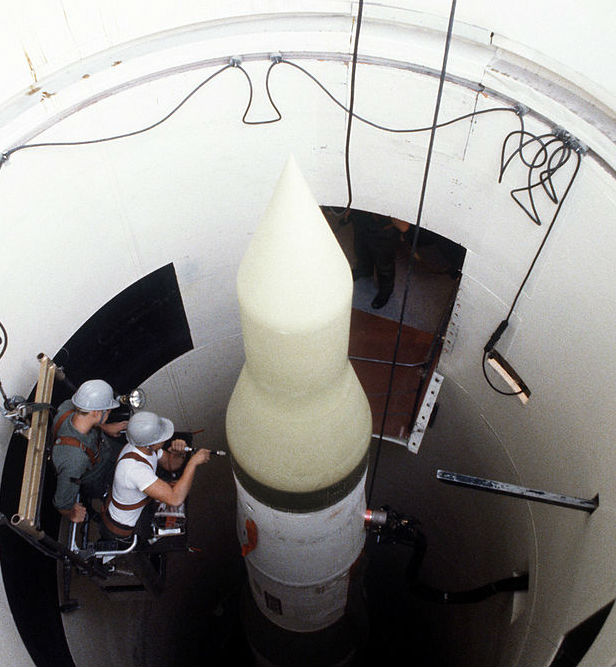One of the sensible ideas the non-nuclear weapon states promoted at both the 2010 and 2015 Nuclear Nonproliferation Treaty (NPT) Review Conferences is the idea that the nuclear weapon states should take their missiles off high alert and eliminate the option to launch nuclear weapons on warning of an attack. This would reduce the risk of accidental, mistaken, and unauthorized launches while retaining deterrence by post-attack retaliation.
We’ve written about why doing this reduces nuclear risks, the high-level officials and military officers who agree with us, and how the U.S. could do this with its land-based missiles in a straightforward way.
The administration’s response
During the recent NPT conference, the Obama administration responded by releasing several misleading statements about U.S. policy while implying—incorrectly—that it is making significant strides in reducing nuclear alert levels. So it essentially dismissed such discussions without addressing the issues or giving its rationale for keeping weapons on Cold War alert levels.
In response, we sent a letter to Secretary of State Kerry and Secretary of Defense Carter, signed by a number of security experts, asking them to clarify U.S. policy and actions on the alert level of U.S. nuclear forces. We have not heard back.
More recently, we sent a memo to Rose Gottemoeller, Under Secretary for Arms Control and International Security in the State Department, and Greg Weaver, Principal Director for Nuclear and Missile Defense Policy in the Office of the Under Secretary of Defense for Policy asking for clarification. These two officials briefed delegates at the NPT conference on this issue, and are scheduled to brief representatives of nongovernmental organizations on Monday. Unfortunately, it appears that briefing will be off-the-record.
What is the administration’s case?
As a candidate, and early in his presidency, President Obama supported making U.S. missiles safer, arguing that the U.S. “should take our nuclear weapons off hair-trigger alert.”
It’s not clear whether the president still feels this way, but the administration has decided not to take this step. Rather than releasing misleading statements and making incorrect claims, the administration should state its reasons for maintaining the Cold War status quo so that these issues can be debated publicly.

